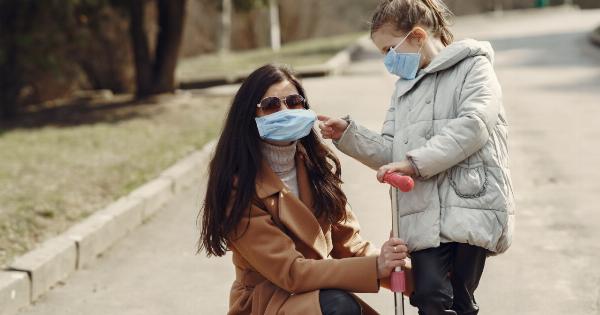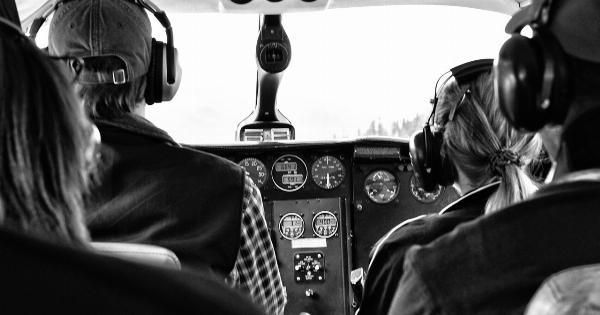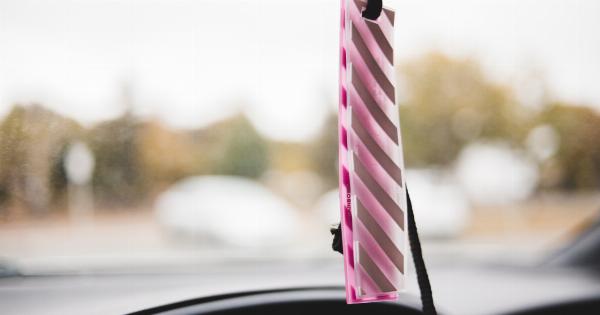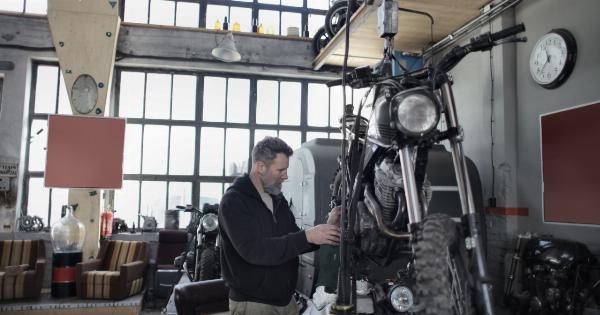Travelling is an exciting and fulfilling experience, but it can also be quite challenging, especially if you are not prepared.
While there are many benefits that come with exploring new destinations, you also need to make sure that you are safe and secure throughout your travels. In this article, we’ll provide you with practical tips to stay safe and confident on your journey, whether you’re travelling solo or with a group.
1. Research Your Destination
Before embarking on your travels, it’s essential to conduct thorough research on your destination.
This will help you to understand the culture, customs, and laws of the country you’re visiting, as well as the safety conditions and potential health risks. Researching your destination will also help you to plan your itinerary and identify any must-visit sites or activities.
2. Be Prepared for Emergencies
No matter how careful you are, emergencies can happen when you least expect them. Be sure to pack a basic first aid kit, including essentials like pain relievers, bandaids, and antiseptics, and any necessary prescription medications.
It’s also a good idea to have insurance coverage, including medical and travel insurance, to protect yourself in case of any unforeseen circumstances.
3. Know the Local Language
While it’s not always possible to be fluent in the local language when travelling abroad, knowing a few common phrases can go a long way in making your trip more comfortable and enjoyable.
Basic phrases such as “hello,” “thank you,” “please,” and “excuse me” can help you to navigate basic interactions with locals, and show that you are making an effort to communicate.
4. Dress Appropriately
Many countries have cultural norms and dress codes that may be different from what you’re used to. It’s important to dress appropriately to respect local customs and avoid drawing attention to yourself as a tourist.
Do some research on what is appropriate dress for the area you’re visiting, and pack accordingly.
5. Be Aware of Your Surroundings
While it’s essential to enjoy your travels, it’s also important to stay vigilant and be aware of your surroundings. Avoid walking alone in unfamiliar or remote areas, especially at night, and always stay alert for any signs of suspicious activity.
If you’re unsure about whether a situation is safe, trust your instincts and move to a safer location.
6. Don’t Overindulge
One of the risks of travelling is the temptation to indulge in experiences that you may not have access to at home – like drinking too much alcohol, trying drugs, or engaging in risky behaviour.
While it can be fun to let loose on vacation, it’s important to exercise caution and avoid doing anything that may put you in harm’s way.
7. Keep Your Valuables Safe
Travelling with valuables, like your passport, money, and electronics, can make you a target for theft or pickpocketing.
Keep your valuables safe by carrying only what you need, using a money belt or a secure bag, and storing your passport in a safe place, like a hotel safe or a secure locker.
8. Stay Connected
Staying connected while travelling is important for many reasons, including staying in touch with loved ones, making bookings or reservations, or accessing information about your destination.
Ensure that you have access to a phone, email, or social media, and keep your devices charged and secure.
9. Trust your Instincts
One of the most important things you can do to stay safe and confident while travelling is to trust your instincts. If something doesn’t feel right, it probably isn’t. Listen to your gut and take action accordingly.
Whether it’s changing your travel plans, avoiding a sketchy situation, or taking a taxi rather than walking, trusting your intuition can help you avoid potential dangers and stay safe on your travels.
10. Respect Local Customs
Travelling is not only an opportunity to explore new places, but also to learn more about different cultures and ways of life. It’s important to respect local customs and traditions to avoid causing offence or disrespect.
Do some research on the local culture, including dress codes, religious practices, and social norms, and follow them accordingly.





























